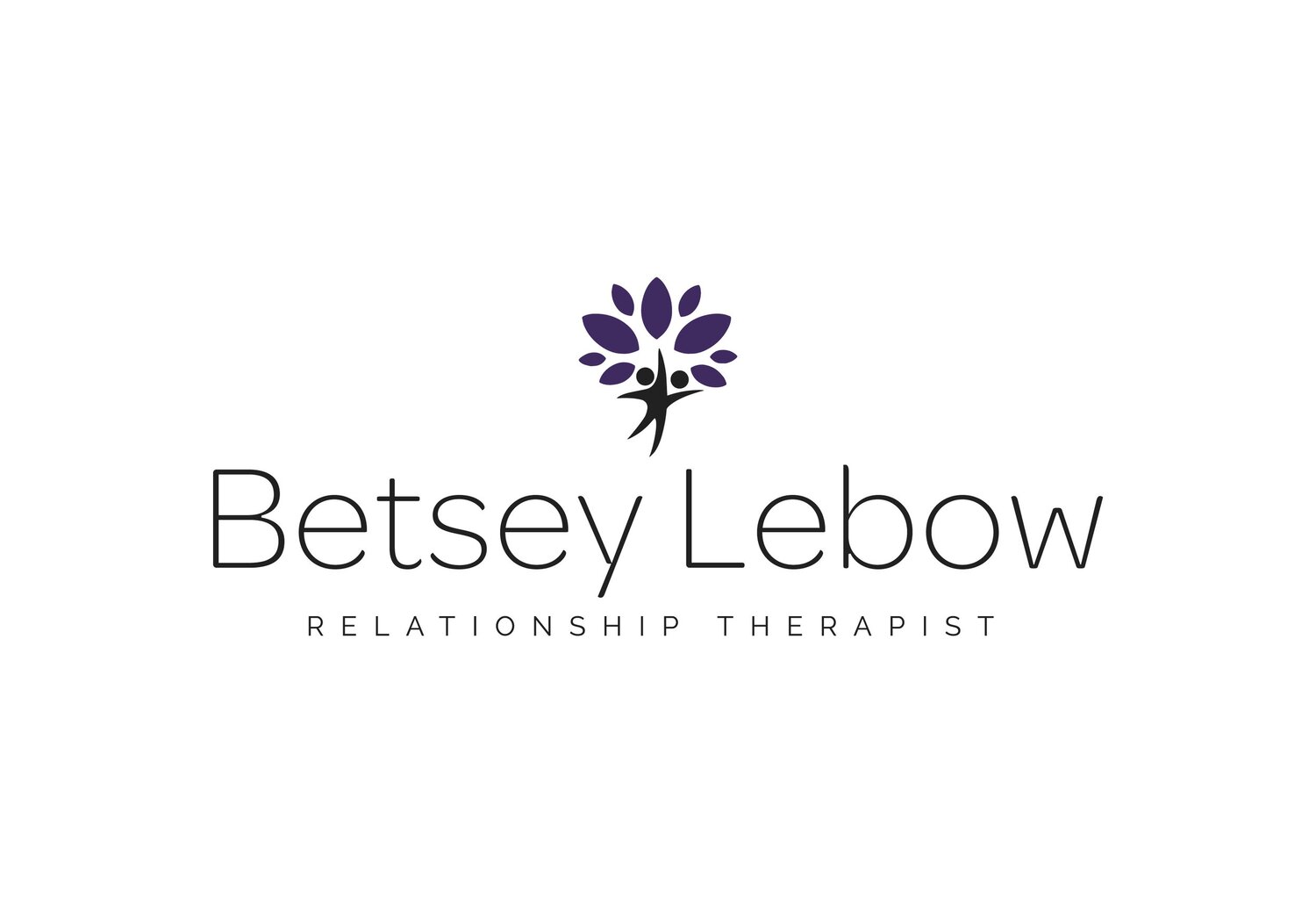I'm stress cleaning, how are you coping?
/COVID musing #2
Depending on where you live in the US, we’re about one week into taking this virus very seriously. I don’t want to speak for you, but that’s my experience. What the #&%#& is going on?
“Unprecedented”, “shelter in place”, “social distancing”, “hoarding toilet paper”, “self quarantine”, “pandemic”, “closed until further notice”, “graduation ceremony cancelled”, "exponential", “WFH set up”, “curb-side delivery”. These are all phrases that are part of our new normal.
How about: “stress eating”, Stress cooking”, “stress baking”, stress cleaning”? That's what I did Monday and Tuesday. I also practiced “Telehealth” with my clients. More people than ever know what that means - using computers or smartphones, along with technology, to remotely do a therapy session with clients. I’m grateful that we have the ability to connect remotely (and thank you to my clients open to the idea, you know who you are!) with people. Mostly for the CONNECTION, less the REMOTE.
Healthcare workers around the world are using telehealth to screen patients to prevent overwhelming ERs where they may share the virus. But our healthcare workers are also putting themselves in harm's way as they do their jobs - NOT remotely. THANK YOU. I’m hearing and reading how they’re getting sick and how hard it is to reconcile their work with keeping themselves and their families well. There are no easy answers.
As a therapist who works with families and couples (as well as individuals) I am imagining the fallout of this health crisis on relationships and mental health. As we self quarantine for days...weeks...our coping skills may run thin. For some being with family is safe, for others it is not. For many it’s in-between.
If we remember to exercise, eat healthy, get plenty of sleep, put our screens down and breathe, that may help, but it feels rather contrite to be giving that ‘advice’ right now. I don't know what you need any better than you. What I do know is that we are all going to be stretched thin and ‘living in the not knowing’ is HARD. And we’re all in this together.
PS: "Control what we can control" tip of the day, if you use reusable cloth grocery bags, wash them in the washing machine - frequently!

